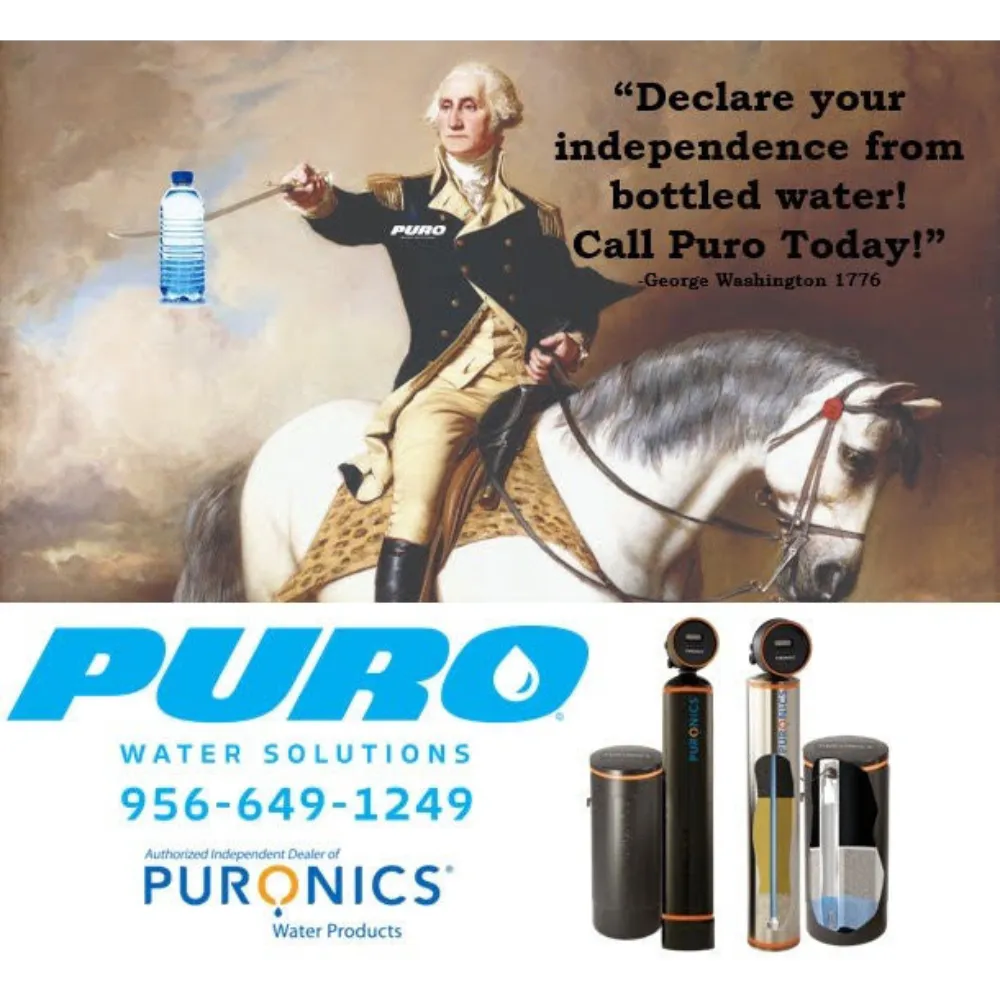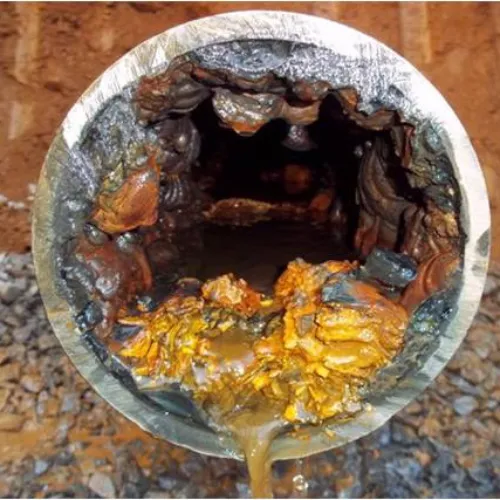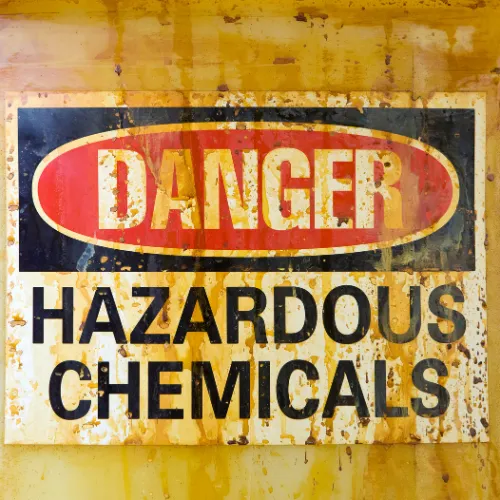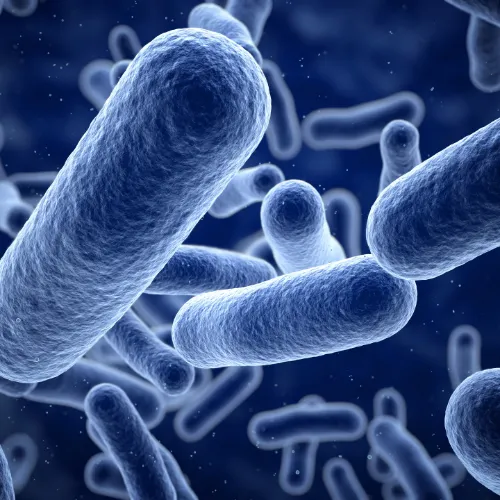Your Local Puronics Dealer in Southern Texas
At Puro Water Solutions, we understand the unique water challenges faced by communities in Southern Texas. From hard water issues to contaminants affecting taste and safety, our region's water supply requires specialized solutions. As an authorized independent dealer of Puronics Water Purification Systems, we are equipped to address these challenges head-on. Our advanced filtration systems are designed to remove impurities, improve water quality, and ensure that every drop you use is safe and refreshing. By partnering with Puro Water Solutions, you're not only investing in your own health and well-being but also contributing to a sustainable future for Texas' water resources. Let us help you navigate the complexities of water treatment and provide you with the clean, pure water your home or business deserves.
Contact Us
980-649-1249
Mon
09:00 am – 09:00 pm
Tue
09:00 am – 09:00 pm
Wed
09:00 am – 09:00 pm
Thu
09:00 am – 09:00 pm
Fri
09:00 am – 09:00 pm
Sat
08:00 am – 05:00 pm
Sun
By Appointment

Common Water Problems in Southern Texas

Hard Water
Hard water, rich in calcium and magnesium, can lead to several issues within the household. It causes scale buildup in pipes, water heaters, and appliances, which reduces their efficiency and lifespan. This buildup can also result in higher energy costs due to decreased appliance efficiency. Additionally, hard water can leave spots and stains on dishes and fixtures, cause laundry to become stiff and gray, and reduce the effectiveness of soaps and detergents. For personal care, hard water can cause dry skin and hair, making it difficult to lather soap and shampoo effectively.

Chlorine and Chloramine
Chlorine and chloramine are common disinfectants used in water treatment but can have several negative effects. They can impart an unpleasant taste and odor to the water, making it less palatable. These chemicals can also cause dryness, itching, and irritation of the skin and eyes. Long-term exposure to chlorinated water has been linked to an increased risk of certain cancers and respiratory problems. Furthermore, chloramines can be particularly corrosive to plumbing systems, leading to potential leaks and the leaching of harmful metals like lead and copper into the water supply.

Bacteria and Microorganisms
The presence of bacteria and microorganisms such as E. coli, Giardia, and Cryptosporidium in water can pose serious health risks. These pathogens can cause gastrointestinal illnesses, infections, and other severe health issues. Contaminated water can lead to outbreaks of waterborne diseases like cholera, dysentery, and hepatitis A. To mitigate these risks, affected areas often issue boil water advisories, which are inconvenient and can be hazardous if not properly followed. Effective water treatment solutions are essential to eliminate these harmful microorganisms and ensure safe drinking water.

PFAS/Microplastics (Per- and Polyfluoroalkyl Substances)
PFAS, a group of man-made chemicals found in various industrial and consumer products, are linked to numerous health concerns. Exposure to PFAS has been associated with cancer, thyroid hormone disruption, immune system effects, and developmental problems in infants and children. These substances are persistent in the environment and can accumulate in the body over time, leading to long-term health effects. PFAS contamination is challenging to address, as they are difficult to remove with conventional water treatment methods, necessitating advanced filtration systems. The environmental impact of PFAS is significant, as they can contaminate soil and water sources, affecting wildlife and ecosystems.

FAQS
Why use a water softener?
Using a water softener offers several practical benefits that can improve daily life and household efficiency. Firstly, water softeners prevent the build-up of scale caused by minerals like calcium and magnesium in hard water. This scale can accumulate in pipes, appliances such as water heaters and dishwashers, and even on faucets and showerheads, reducing their efficiency and lifespan. By removing these minerals through ion exchange, water softeners help to maintain the optimal performance of appliances, leading to energy savings and reduced maintenance costs. Softened water also enhances the effectiveness of soaps and detergents, allowing for cleaner dishes, softer laundry, and less residue on surfaces. Moreover, the use of a water softener can contribute to healthier skin and hair by reducing the drying effects of hard water, making it a beneficial investment for both comfort and household upkeep.
How do water softeners work?
Water softeners operate through ion exchange, a process where resin beads inside the softener trap calcium and magnesium ions from hard water as it passes through. These ions are exchanged with sodium ions that are initially bonded to the resin. Over time, as the resin beads become saturated with calcium and magnesium ions, the softener enters a regeneration phase. During regeneration, a brine solution (salt water) is flushed through the resin bed. The sodium chloride in the brine displaces the calcium and magnesium ions from the resin beads, which are then rinsed away along with the excess brine. This process restores the resin beads to their sodium form, ready to continue softening water effectively.
What are the benefits of using a water softener?
Clear, refreshing water
Eliminates bad tastes & odors
Appliances that use water last longer
Dishes are cleaner
Skin and hair are soft and silky
Food & beverages taste better
Save time on house cleaning
Save money on soap, detergents, & grooming products
Why remove chloramine?
You may consider removing chloramine from water for several compelling reasons. First, it can significantly improve the taste and odor of drinking water, making it more palatable and enjoyable. Secondly, individuals with sensitivities or allergies to chloramine may experience relief from potential respiratory irritation or other health concerns associated with its presence. Additionally, removing chloramine can help extend the lifespan of plumbing systems and reduce the risk of corrosion in pipes and fixtures. Lastly, by reducing chloramine discharge into aquatic environments through wastewater, you can contribute to protecting aquatic life and ecosystems. These factors collectively underscore the importance of considering chloramine removal to enhance water quality and promote overall well-being.
Does Puro Water Solutions charge a service fee?
Puro Water Solutions does NOT charge a service fee!


